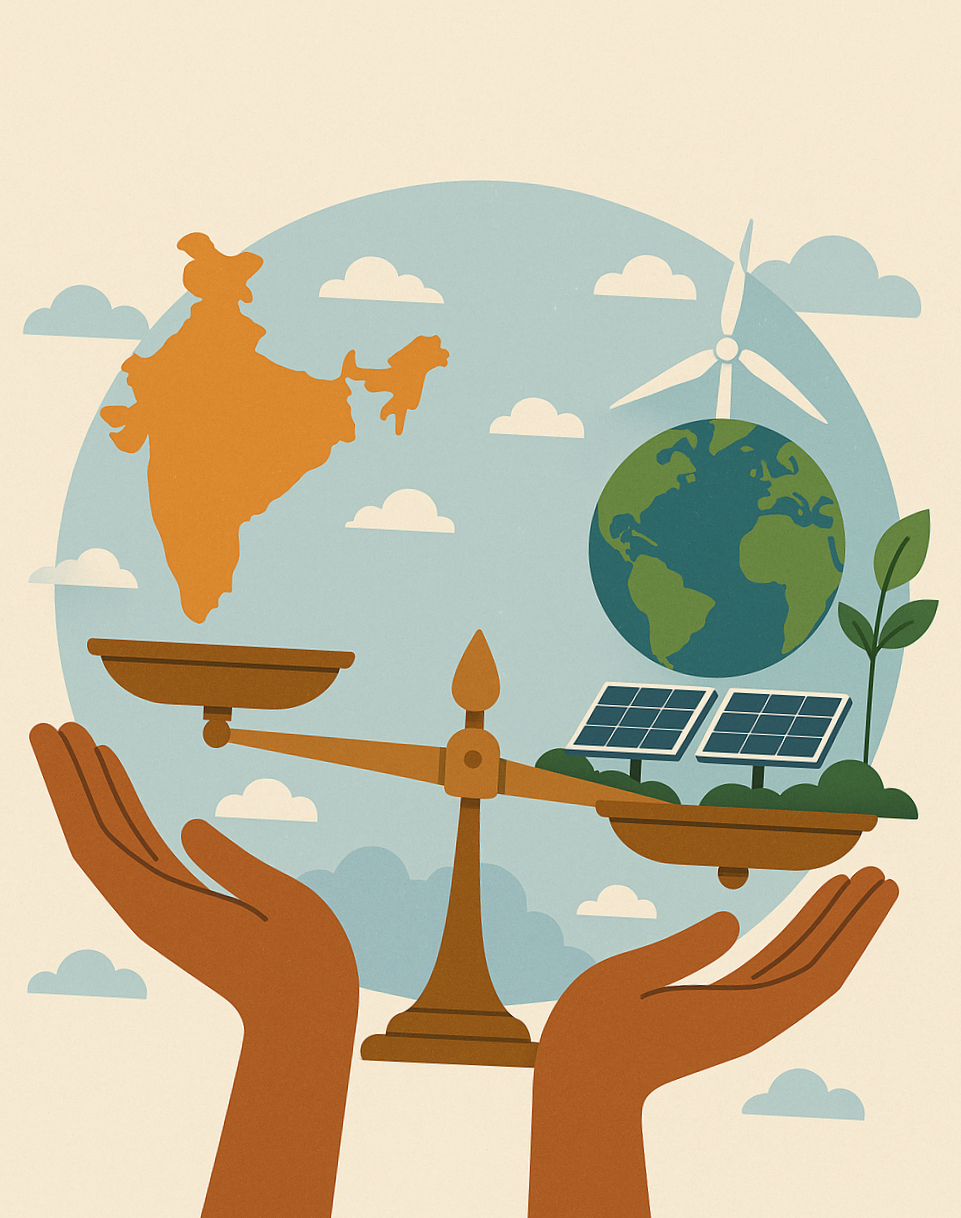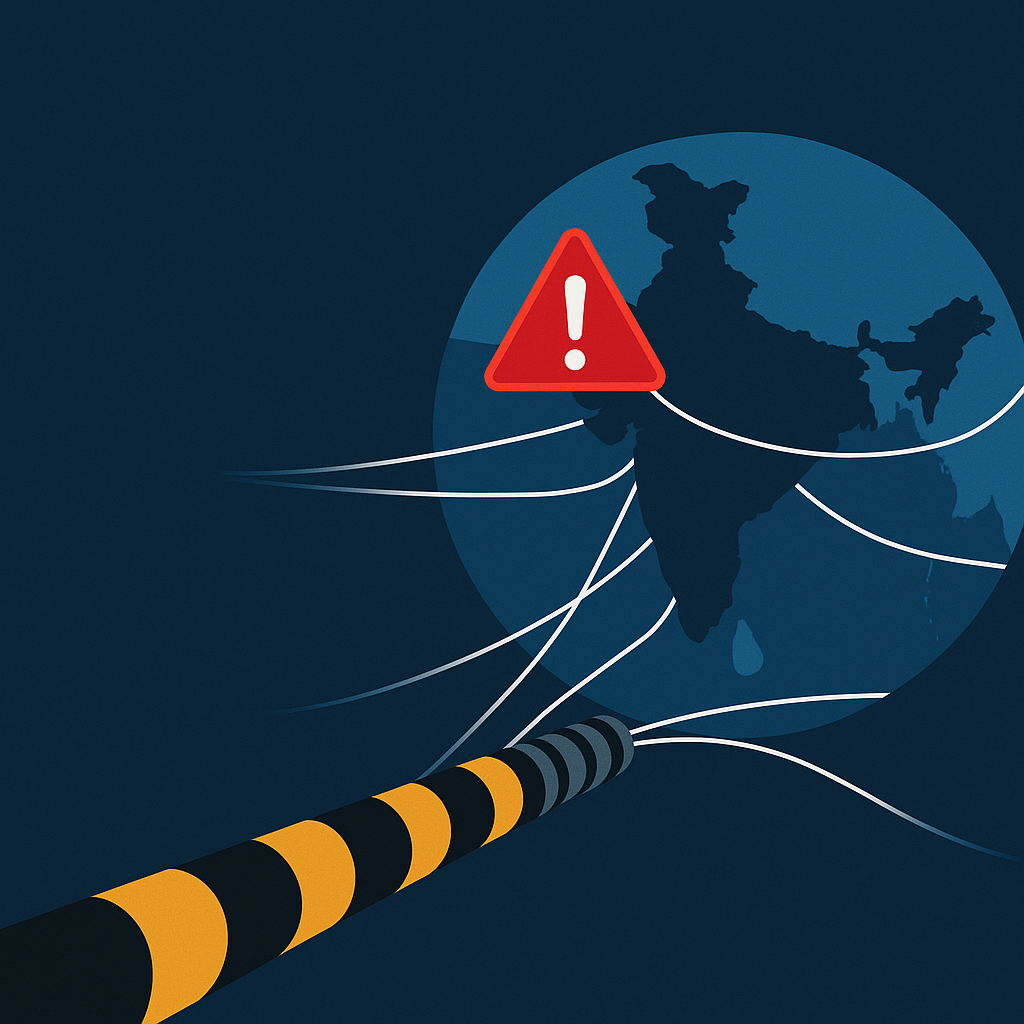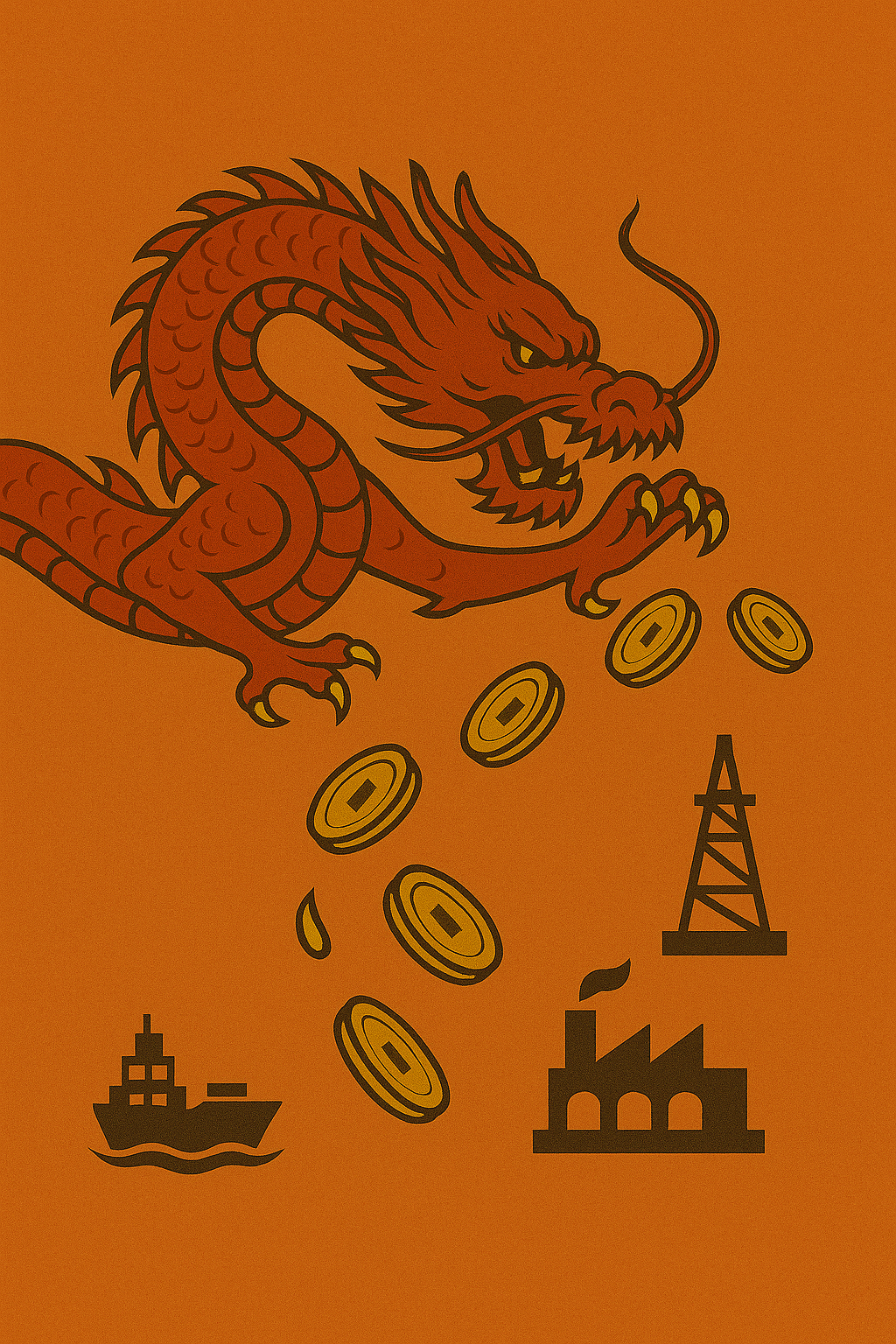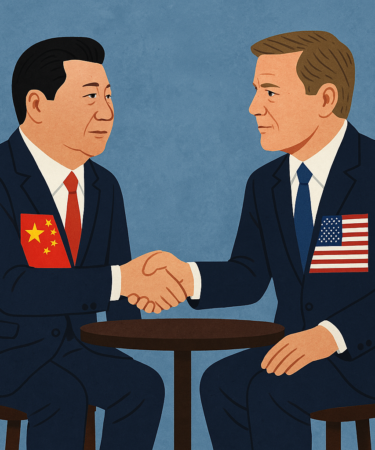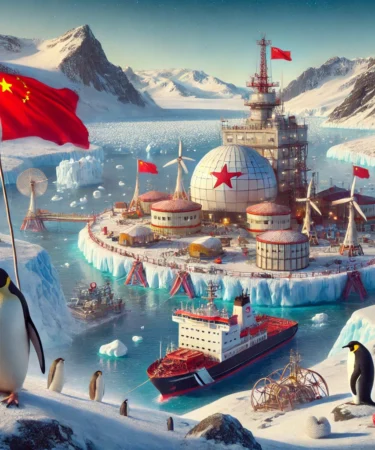In the past few years, resentment has been rising over the emerging Chinese hydro power projects in Tibet among India, Myanmar, Thailand, Laos and many other countries that share rivers originating in Tibet. Due to fears of potential water and energy stress/scarcity within China, these projects are critical to its economic development in the coming decades.

The New Cold War and India – Part 2 of 4
Natural resources are one of the primary determinants of any nation’s development. And the need for uninterrupted access to these resources has led to increasing competition among nation states. The present tug of war for resources in the Himalayan region is the most recent example of this. The Himalayan fresh water reserves are highly crucial for the sustenance of the region. The Himalayas is the source for the Indus, Ganga, Yarlung, Yangtze, Yellow, Mekong, and Nuijang rivers.

The New Cold War and India – Part 1 of 4
The bilateral relationship between states is one of the most important aspects in International Relations. Relations between India and China have geared up since the last few years. To continue the improved relations, it is of pivotal importance for China to prioritize engaging with the changing leaderships in India.

Hydro Power Projects on the Yarlung Tsangpo and Concerns for India
The internet has become the primary medium of communication in the era of globalization, which is highly dominated by the information and communication technologies. The internet – network of networks – deals with massive data which is transmitted over secure as well as insecure channels and media. The security requirement of data is determined by the value or importance of data.

Competition for Hydropower in the Himalayan Region: The Complex Regional Scenario
The ISIS – Islamic State of Iraq and Syria, previously called al-Qaeda in Iraq under the leadership of Abu Musab Al-Zarqawi and currently called the Islamic state (after declaring Iraq a ‘Caliphate’) – has become a major non-state player in the conflict in Iraq as well as Syria. The organisation, which has its origins in Iraq, had shifted its base of operations to Syria when the civil war began in the country to oust the Assad regime.

Wang Yi’s India Visit: China Revitalizing its Engagement with India
The much touted US pivot/re-balance to the Asia-Pacific has drawn considerable flak of late. From the Syrian chemical weapons use to Russia’s revanchism, the questioning of America’s leadership has seen the pivot naysayers become louder. President Obama has firmly recognized the limits of American power.

Bleeding Security: Vulnerabilities in Protocols, Standards and Software
It has been little more than two months that the Bharatiya Janata Party (BJP) led National Democratic Alliance (NDA) under the leadership of Prime Minister Narendra Modi has come to power in New Delhi after defeating the Congress-led United Progressive Alliance (UPA) government that governed India for ten years.

India and the US Re-balance to the Asia-Pacific
With 2014 marked as the Chinese New Year of the Horse, India and China have galloped together into taking new strides in their bilateral relations.

India-Israel Defence Cooperation and the Modi-led Government
China is about to operationalise a 1 GigaWatt (GW) nuclear power reactor at Karachi in Pakistan, highly-placed sources within the scientific community warn. Two more are in the pipeline in Karachi and three more in other parts of the country. This represents a quantum leap from the much smaller reactors hitherto supplied by Beijing to Islamabad, and is also the first time that such advanced technology has been demonstrated globally.


